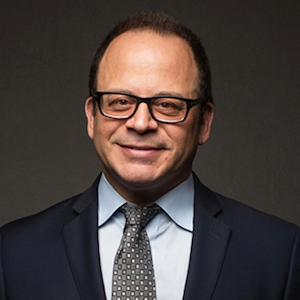
Frank DeLucia
is a Parter with Merchant and Gould. Frank’s practice focuses on patent prosecution, contested proceedings before the USPTO, strategic international management of patent portfolios, invalidity and non-infringement opinions, and client counseling. In addition to his patent practice, Frank has experience in prosecuting trademarks.
For more information or to contact Frank, please visit his Firm Profile Page.

Recent Articles by Frank DeLucia
The proposed rule would adopt the narrower standard articulated by the Federal Circuit in Phillips v. AWH Corp., where the “words of a claim are generally given their ordinary and customary meaning,” which is “the meaning that the term would have to a person of ordinary skill in the art in question at the time of the invention.” 415 F.3d 1303, 1312-13 (Fed. Cir. 2005). Additionally, under the proposed approach, the Patent Office would construe patent claims and proposed claims based on the record of AIA proceeding, and take into account the claim language, specification, and prosecution history. In response to the Patent Office’s notice of proposed rulemaking, the New York Intellectual Property Law Association (NYIPLA) recently submitted comments endorsing the Patent Office’s proposed changes.
On Friday, July 20, 2018, the New York Intellectual Property Association (“NYIPLA”) filed an amicus brief arguing that the Petition for Writ of Certiorari should be granted in RPX Corp. v. ChanBond LLC, No. 17-1686. See the NYIPLA’s website for the full Brief of New York Intellectual Property Law Association as Amicus Curiae in Support of Neither Party, RPX Corp. v. ChanBond LLC, No. 17-1686 (July 20, 2018). This case raises the important question of whether the Court of Appeals for the Federal Circuit (“Federal Circuit”) can refuse to hear an appeal by a petitioner from an adverse final written decision in an inter partes review (“IPR”) proceeding, on the basis of a lack of a patent-inflicted injury-in-fact, when Congress has statutorily created the right for dissatisfied parties to appeal to the Federal Circuit.

![[IPWatchdog Logo]](https://ipwatchdog.com/wp-content/themes/IPWatchdog%20-%202023/assets/images/temp/logo-small@2x.png)
